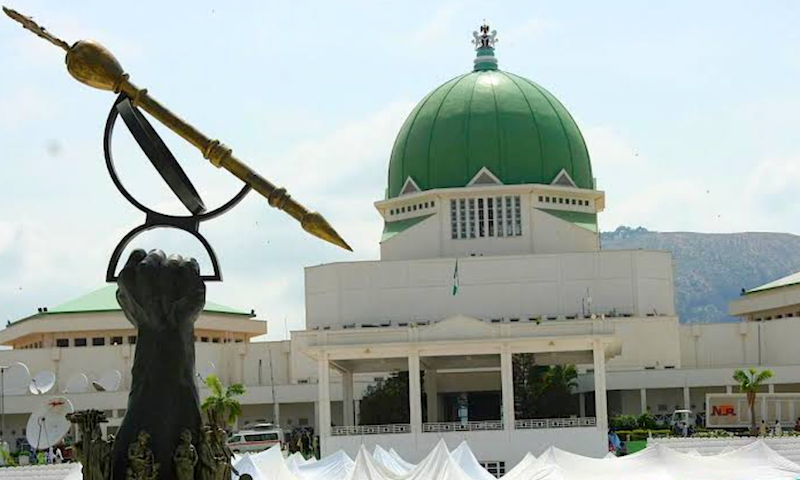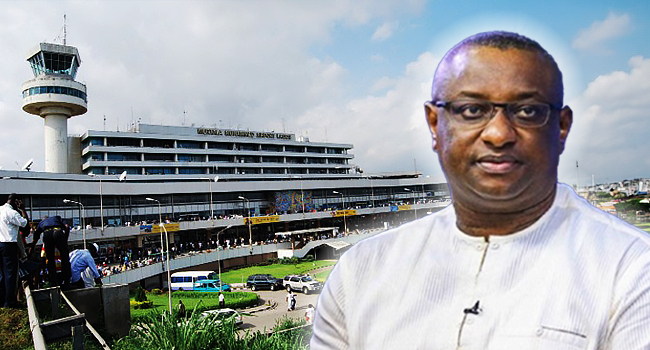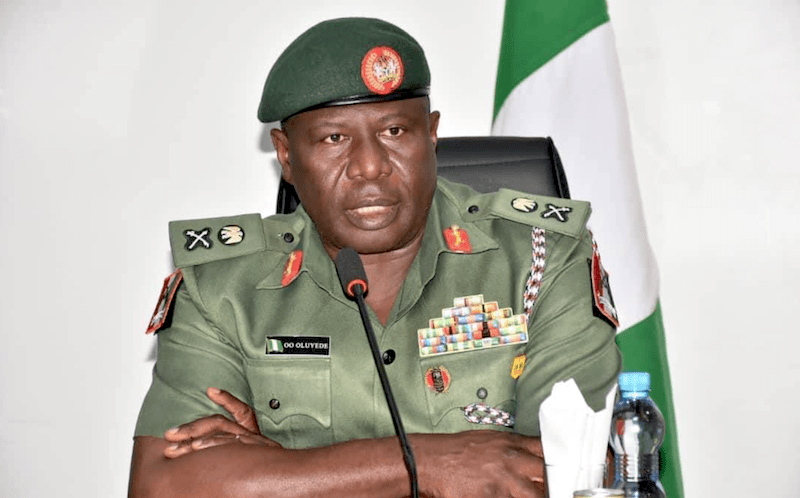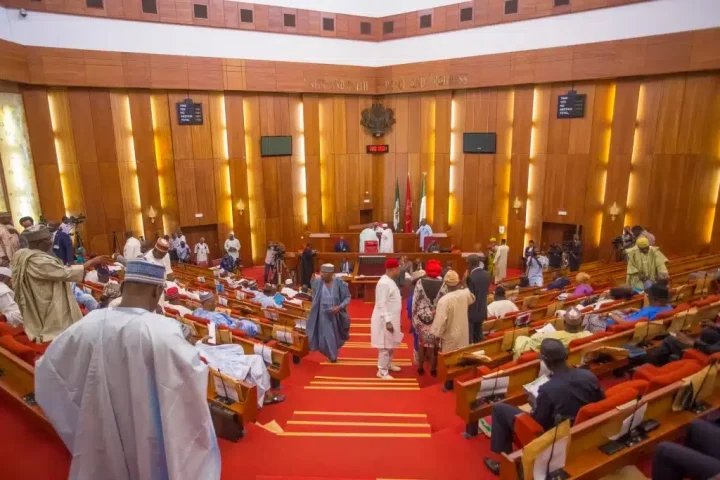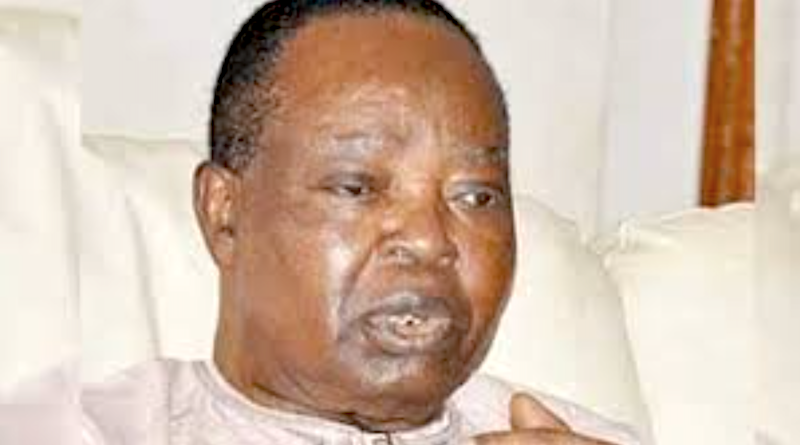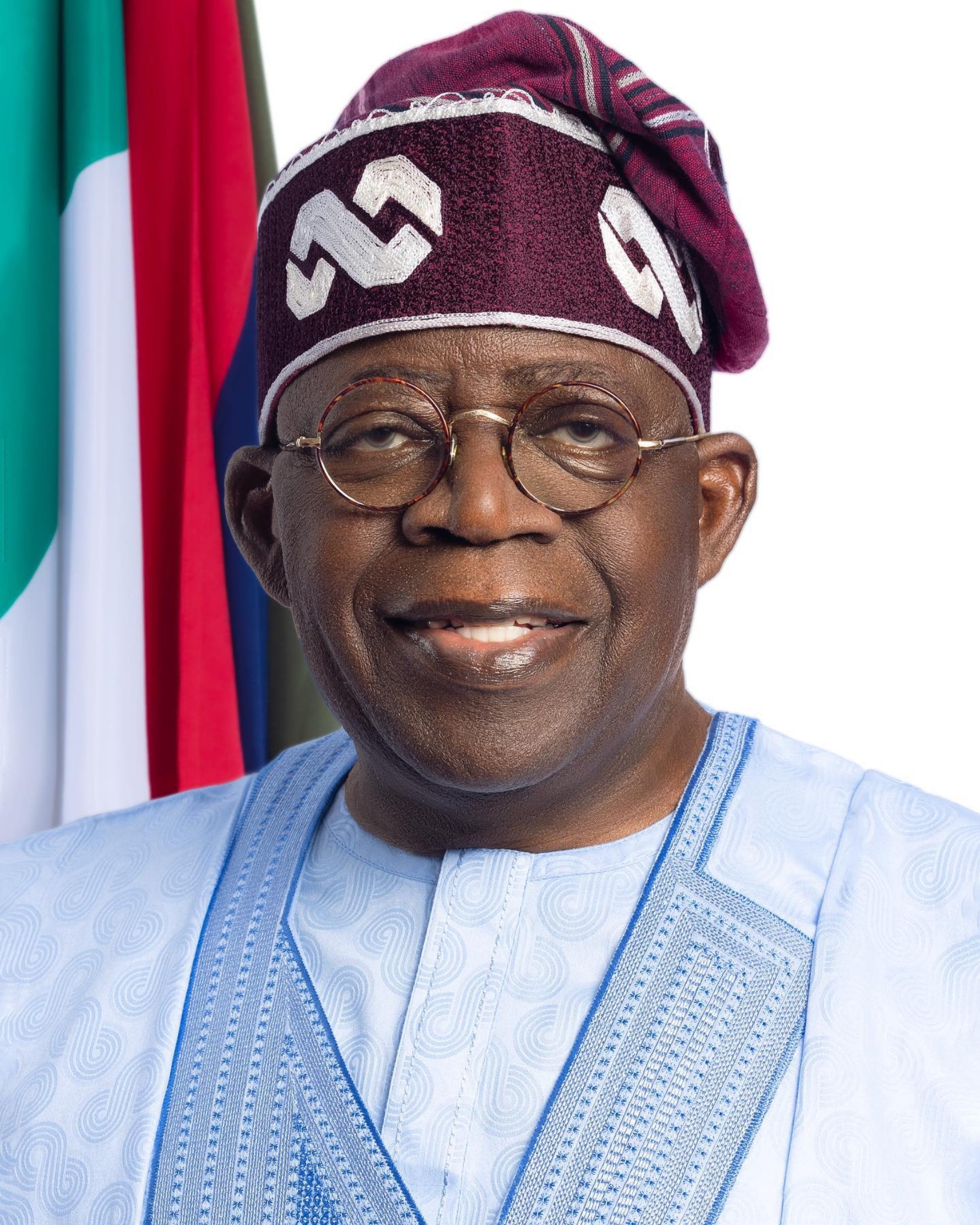The Senate says ministries, departments and agencies (MDAs) that fail to appear at its investigative hearing on revenue generation, remittance and expenditure of appropriated funds risk zero allocations in the 2025 fiscal year.
Chairman, Senate Committee on Finance, Sen. Sani Musa, said this at the resumed hearing of the committee on remittance of internally-generated revenue and expenditure by MDAs on the 2024 budget implementation.
The Accountant-General of the Federation, Mrs Oluwatoyin Madehin, was present at the meeting.
Sani, who decried the discrepancies observed in the records of some of the MDAs said: “This performance index exercise on the various MDAs is preparatory to the 2025 budget.
“Any agency that fails to appear before this committee upon invitation risks zero allocation in the 2025 budget
“This is because the records of how appropriations made for 2024 were expended must be provided with facts and figures,” he said.
Earlier, the accountant-general had presented summary of the internally-generated revenue for the federal government up till September
2024.
The figures included: independent revenue of N2.7 trillion, operating surplus from government-owned enterprises (GOEs) amounting to N2.3 trillion and MDAs internally-generated revenue of N344 billion.
Madehin said that the centralised payment system of government was introduced to curb inefficiencies and prevent unutilised funds from being rolled over annually.
However, members of the committee said that the submitted report focused mainly on the accountant-general’s office, with significant omissions regarding the federal government’s overall financial activities.
The lawmakers, who took turns to speak, expressed reservation over delays in release and utilisation of funds for capital budgets, citing inefficiencies within the centralised payment system managed by the office of the accountant-general of the federation.
The lawmakers decried the centralised payment policy which required over 700 MDAs to process payments through a single office.
The policy, according to them, has resulted in inefficiencies and delayed project completions, noting that it is reducing public trust, especially in constituencies expecting execution of critical infrastructural projects.
NAN reports that concerns were also raised on the allegations that contractors were being asked to pay under-the-table fees, reportedly five per cent of the contract value, to expedite their payments.
The senators said that such practice, if verified and found to be true, would raise a major accountability issue, thus undermining the efficiency of the system.
Given the noticable gaps in the presentation, the committee resolved to invite other agencies for a joint session to ensure a comprehensive review of the noticeable discrepancies.
The agencies included Revenue Mobilisation Allocation and Fiscal Commission (RMAFC), Nigerian Extractive Industries Transparency Initiative (NEITI) and Nigerian National Petroleum Company Limited (NNPCL)
“This is not about hearing from one side and another separately; we need all stakeholders to be present at the same time to provide clarity and consistency in their reports.
“The senate hearing reflects growing efforts to strengthen Nigeria’s financial oversight and accountability mechanisms, with a shared commitment to enhancing transparency and building a robust fiscal policy framework,” said Sani, the committee chairman.
He urged the accountant-general of the federation to present all the reports, ahead of the meeting scheduled for December 11.
